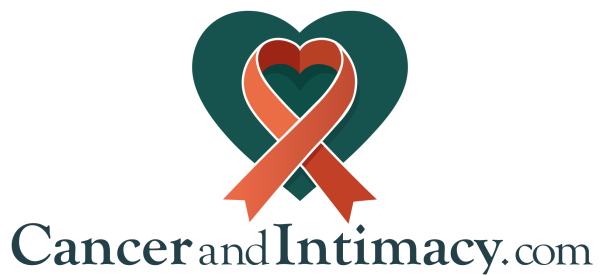“Is This Normal?”
Let’s start with a quiet truth:
Most people going through cancer—whether in treatment or post-treatment—experience some kind of shift in their experience of intimacy, sex, and desire.
But almost no one talks about it.
The silence is heavy.
And in that silence, self-doubt grows.
Why don’t I feel turn on and desire in the same ways anymore?
Why does touch feel irritating—or even scary?
Why do I feel more disconnected now, even though my body is “healing”?
Is it me? Is something wrong with me?
If you’ve asked these questions, you’re in tender, very human company.
And no—there is nothing wrong with you.
Let’s begin to break the silence.
So many people wonder privately if what they’re experiencing is “normal.” But here’s the thing: normal isn’t a standard to return to—it’s a spectrum of valid responses to a life-altering experience.
Below are some of the most common, rarely spoken, deeply real intimacy challenges that can come up during or after cancer. Not everyone will experience all of them, but chances are, some of these may feel familiar.
💧 1. Low or Absent Desire
- You might feel a total drop in sexual desire—or not feel much of anything at all.
- This could be due to hormonal shifts, fatigue, emotional overload, trauma, or medication.
- It might feel confusing if you want to want intimacy, but nothing’s turning on.
Truth: Libido is not a moral indicator. Desire is responsive, not constant. You are still whole and worthy, even without desire.
⚡ 2. Discomfort or Pain with Touch or Sex
- Areas of your body may now feel different—numb, overly sensitive, or painful.
- Scars, surgeries, neuropathy, or fear of being touched can shape how safe or pleasurable touch feels.
- What was once erotic may now feel off-limits, and you may not yet know what feels good instead.
Truth: Preferences change. Boundaries change. Healing includes discovering new maps of sensation and redefining pleasure on your own terms.
🌫️ 3. Emotional Distance—from Yourself or Your Partner
- You may feel “shut down” or dissociated during intimate moments.
- You might feel distant from your own body or disconnected from your partner.
- Some people experience guilt or pressure to be “available” when they’re not.
Truth: Emotional distance is a form of self-protection. It doesn’t mean you’re broken. It means something needs tending—gently and without blame.
🧩 4. Identity Confusion
- You may not recognize your body—or the version of you that inhabits it now.
- For some, scars or changes in function impact how “sexy,” “whole,” or “feminine/masculine” they feel.
- For others, intimacy stirs grief: a reminder of what was lost.
Truth: Identity evolves. Sexuality isn’t static—it can grow with you, adapt with you, and be reclaimed and redesigned over time.
- Conversations that honor your complexity
- Resources that don’t pathologize you
- Intimacy that meets you where you are—not where someone else thinks you should be
- Name what’s true for you without rushing to fix it
- Talk with a partner (if you have one), even if the words feel clumsy at first
- Reintroduce touch slowly, in ways that feel self-directed and safe
- Work with a coach or therapist who understands the intersection of cancer and intimacy
- Redefine sex—letting go of scripts, expectations, and performance
What’s one story I’ve been carrying about intimacy that no longer fits me?
And what’s one truth I’d like to honor instead?
(You don’t have to share these with anyone. But writing them down can be the first act of reclaiming.)
Subscribe to the Cancer & Intimacy newsletter for monthly reflections, gentle practices, and soul-rooted tools to support your healing journey—wherever you are on the path.
Or explore our Cancer and Intimacy Starter Kit for grounded ways to reconnect with your body, your relationships, and yourself.
Subscribe to our Newsletter
Thoughtful insights, honest reflections, and intimacy resources—for people navigating cancer, relationships, and real life. Sign up for our newsletter here.
